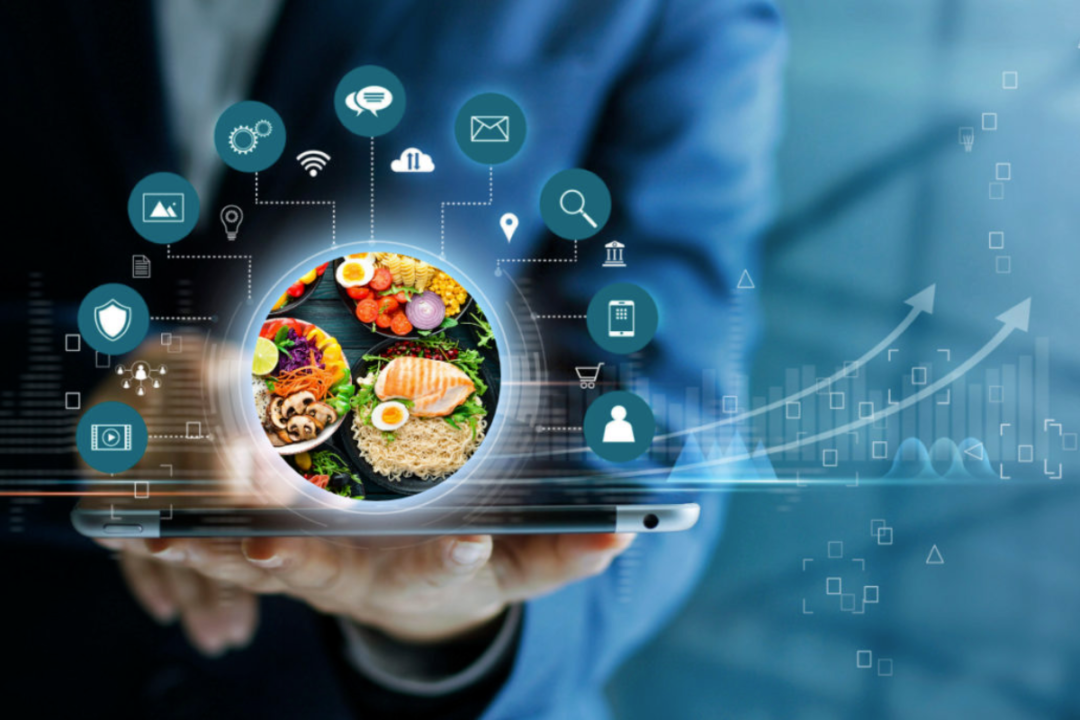Upcoming Trends in Beverage Technology

The emerging beverage technology trends primarily focus on improving sustainability to address growing concerns over climate change. Industry 4.0 technologies such as the Internet of Things (IoT), artificial intelligence (AI), big data, advanced analytics, and robotics are also becoming mainstream in the industry. These technologies improve the overall productivity of beverage production, from sourcing and manufacturing to product distribution and sales.
Sustainability
Concerns over global warming and climate change are driving companies and consumers to adopt sustainability. This is why sustainability is fast emerging as the top trend in the beverage industry. Consumers are aware of various environmental impacts caused by the industry and support brands that align with their sustainability goals. As a result, BevTech startups develop solutions that reduce the carbon footprint of beverage production operations through energy-efficient integrations and novel production techniques.
Internet of Things
Digitization of industrial processes enables beverage manufacturers to establish a connected ecosystem from sourcing to distribution. Besides, the need for improved food safety standards and transparency is accelerating the integration of IoT into the beverage sector. Consequently, companies are able to improve their operational efficiency and constantly monitor manufacturing processes. To achieve this, startups provide various IoT devices, including humidity, fluid level, motion, optical, and temperature sensors.
Artificial Intelligence
The use cases of IoT are enhanced further by applying artificial intelligence in beverage production. With the data from the connected devices, AI solutions extract the overall picture of manufacturing processes and derive meaningful insights into operations. In addition, it automates production operations such as cooling, inventory management, and flavor profiling.
Smart Warehousing
Automating various aspects of warehouses allows beverage manufacturers to increase productivity while minimizing labor and wastage costs. Smart warehousing ensures an effective material handling system that prevents damage or loss. Voice-controlled warehouse operations and the use of automated guided vehicles for product handling are on the rise, along with automated flow control and bottling solutions. In addition, advanced warehousing solutions facilitate inventory management of final products as well as raw materials. Especially in fermented products, smart warehousing reduces spoilage due to unwanted exposure that may affect product quality.
eCommerce
The rise of social media and online food aggregation platforms is encouraging beverage companies to take their products into online markets. Apart from facilitating direct consumer interactions, this allows brands to establish targeted marketing campaigns to accelerate sales. Additionally, eCommerce platforms facilitate multiple distribution models, such as omnichannel and direct-to-consumer (D2C) product distribution.
Robotics
Advancements in AI and data analytics accelerate the integration of robotics into beverage production lines and consumer-facing services. The range of applications on the manufacturing side includes vineyard management and protection, inventory management, packaging, and distillery automation. For bars and cafeterias, startups provide robots to mix cocktails, dispense alcohol, brew coffee, and make smoothies along with food serving robots.
